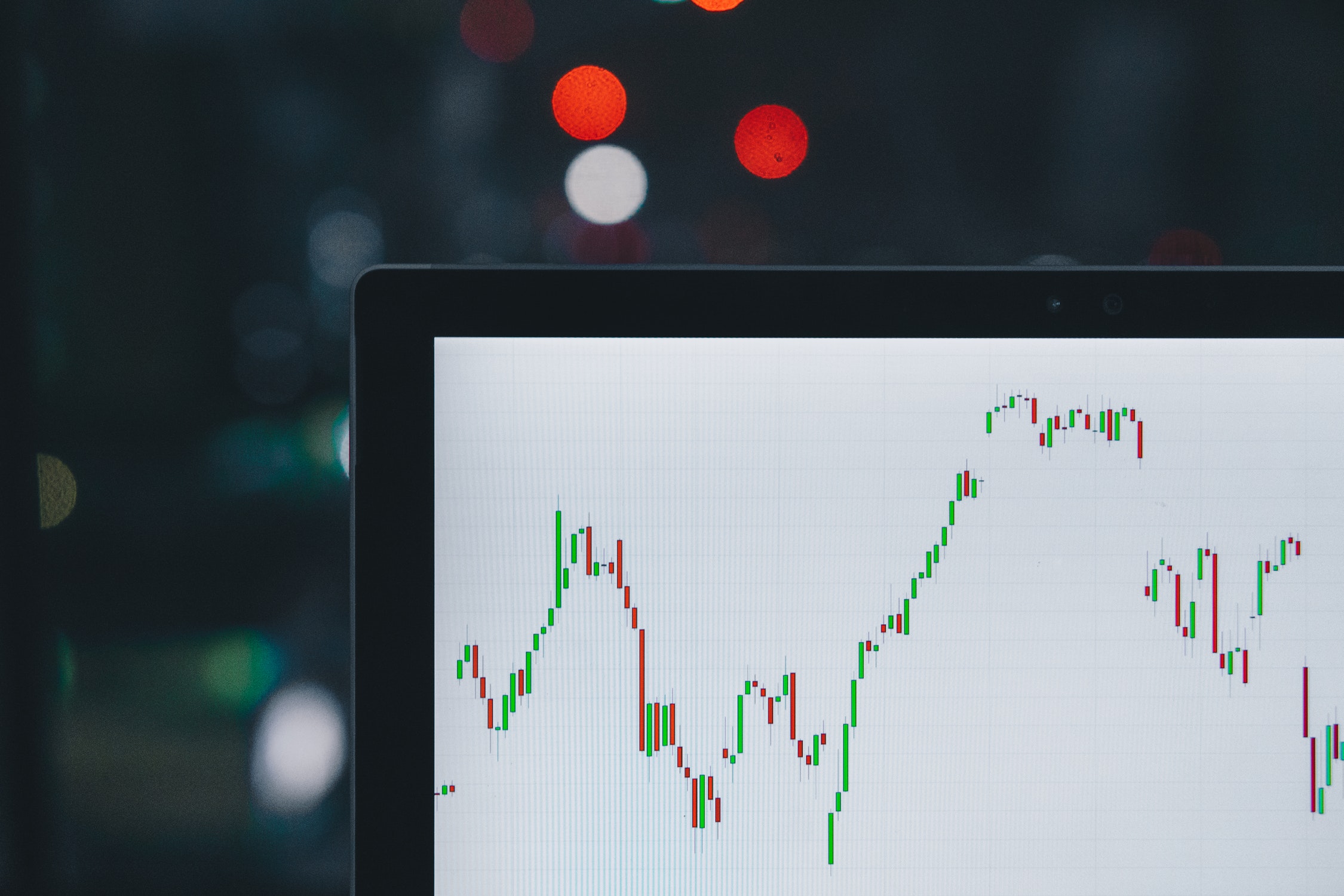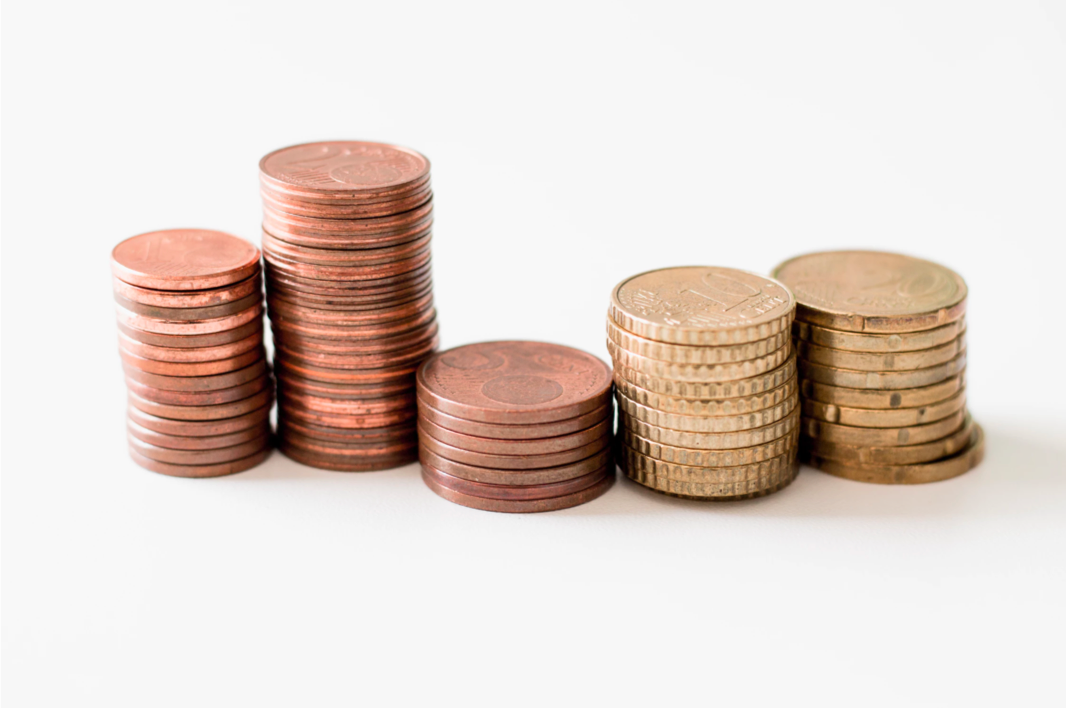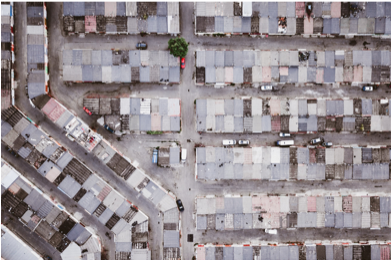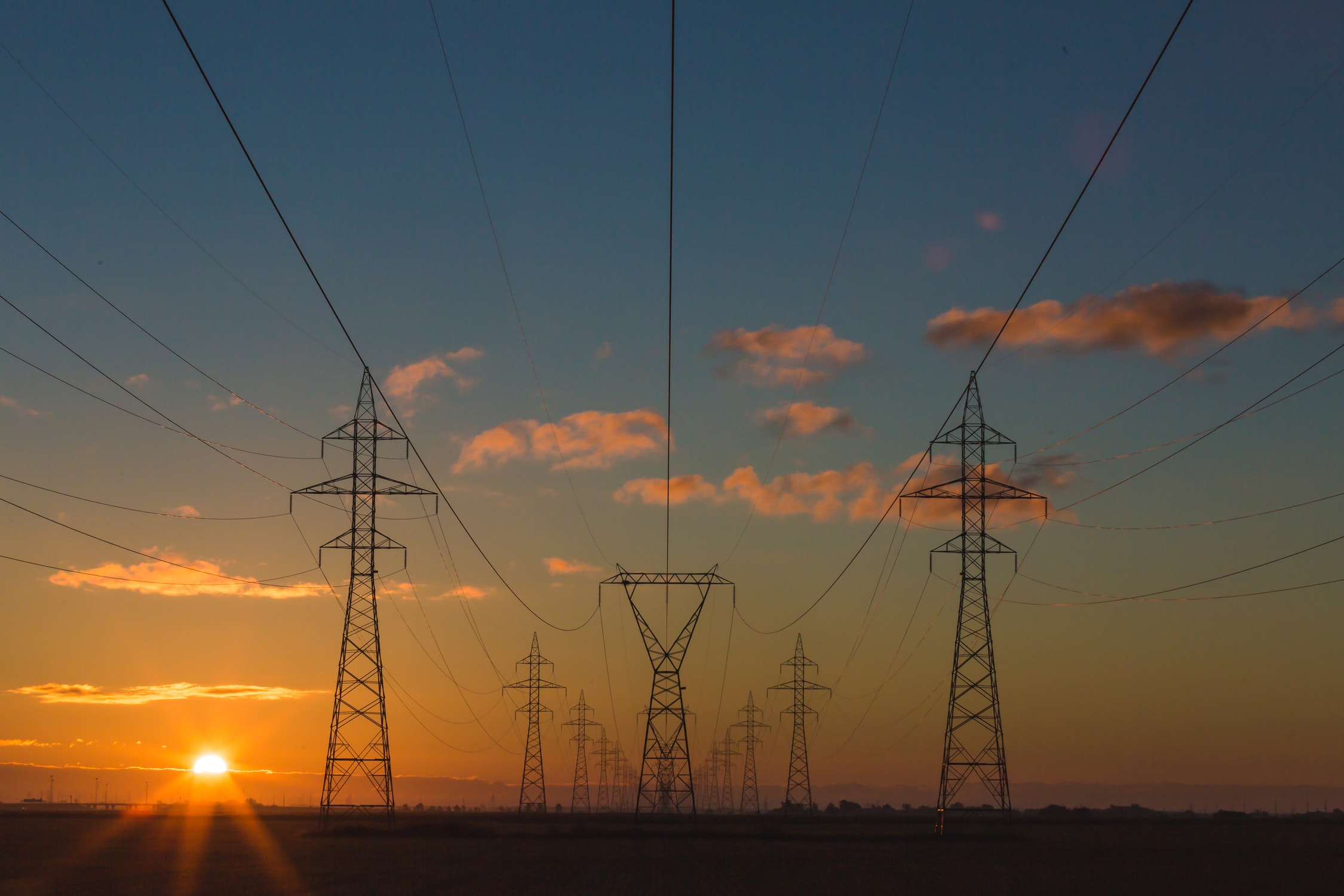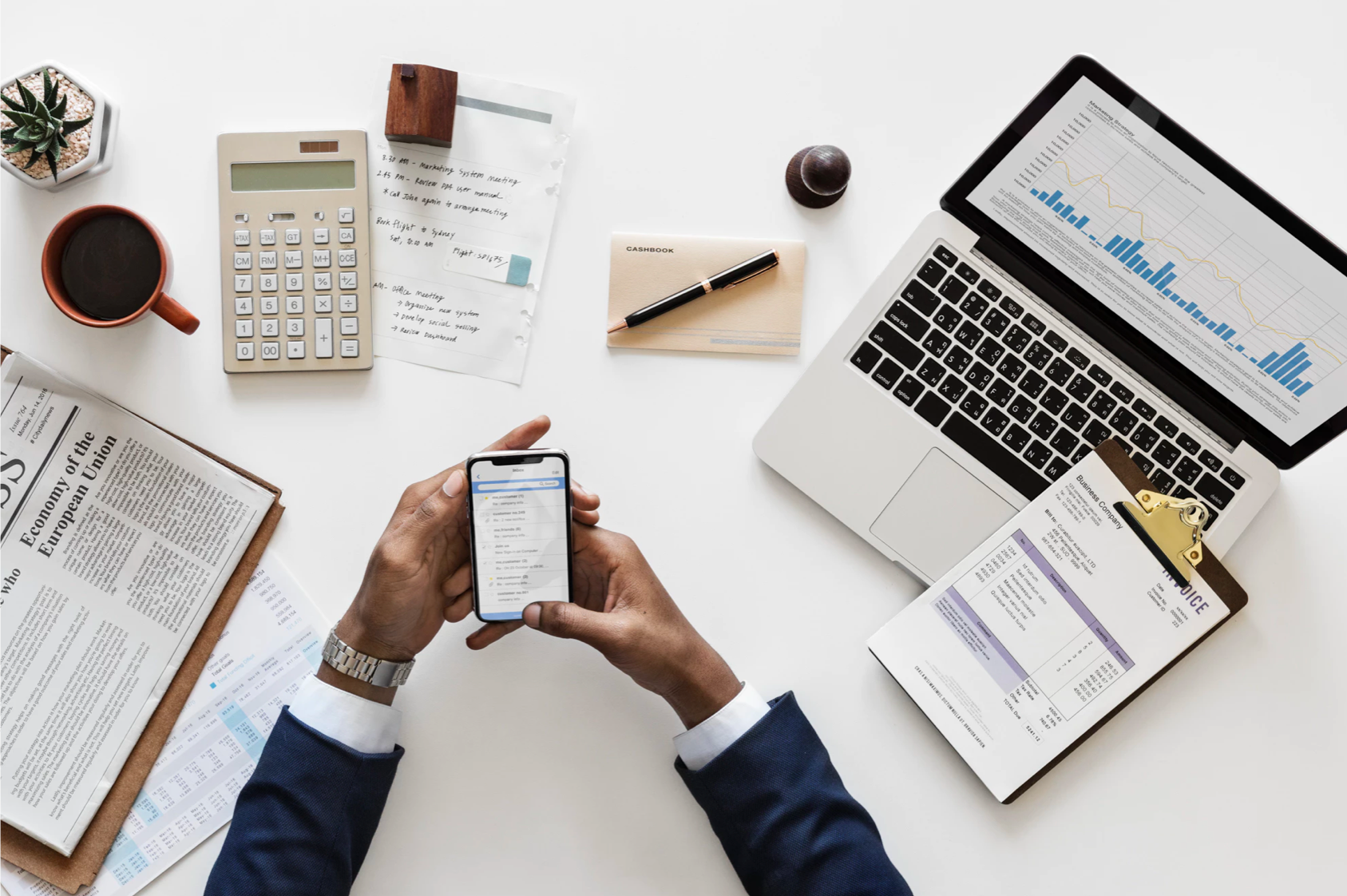Project Description
Retail & Consumer Goods
Blockchain represents a disruptive technology, whose innovative potential can be compared to the internet. By enabling fully secure transactions, involved parties are able to deal with each other, while not needing to rely on an intermediary. Business profits and overall welfare can therefore be increased. Providing the retail and consumer goods industries an opportunity for “trustless” transactions may sound counterintuitive, but in doing so it actually engenders consumer trust. We are working on the identification of main use cases and carve out the advantages of blockchain applications for each area. We also prioritize the respective innovations with regard to their disruptive potential and the complexity of implementation. In most cases, disruptive technologies inherently challenge traditional approaches, which negatively correlates with the ease of its implementation.
The following examples provide an overview of potential application areas:
Like an RFID chip, so called smart tags are attached to or implemented (smart label) in a physical product. These hold information about the product (Serial Number, Features, Color, etc.) and ownership reference (linked to buyers account) Customers, merchants, insurances and governments are able to verify the authenticity of goods and are able to register newly discovered or newly produced goods. Entities are able to register any art of ownership right on the blockchain and are able to transparently sell it and set limitations. Unique items can be identified and permanently monitored via the blockchain.
Advantages through Blockchain application
- Verify the Authenticity of Products and Create a Trustworthy Secondary Market
- With smart tags, producers prevent faked products to be sold illegally (black market) and impose a significant hurdle for counterfeiters to imitate their products
- Smart tags impose a hurdle for reselling stolen products
- Accessible and verified information about products potentially increases resale prices
- Consumer protection against buying stolen or faked products in good faith
- Disintermediation – e.g. artists and musicians are not obligated to market their work via the use of third parties.
- Blockchain provides a transparent register
- Reduction of criminal activities, like theft and counterfeit of digital goods
Examples:
- Digital registers for products or like scarce resources like a diamond.
Artists, musicians or publishers are able to introduce new payment schemes, as customers are able to pay only for the product they actually used.
Advantages through Blockchain application
- Disintermediation
- Transparency
- Blockchain enables micro-payments (possibly, customers could pay per word they are reading via IoT/smart contract/micropayment-solution)
Example
- Artists like musicians are able to control their content on the blockchain.
All underlying materials of a product can be monitored and displayed via blockchain to enable transparency and transaction data.
Advantages through Blockchain application
- Improved authority supervision
- Improved product safety and transparency (protection against fraudulent behavior in B2B-relationships)
- Secured Oversea shipments through blockchain-based trade finance solutions (streamlined conditioned payment, geographic delivery monitoring, etc.)
- Comprehensible distribution and processing of contaminated goods in case of product recalls
Example
- Materials, ingredients and all by-products of a product are displayed and monitored via the blockchain
Blockchain presents an environment for safely and quickly inducing monetary transactions, verifying and changing ownership references, and recording usage behavior. This can be utilized to underpin a new kind of sharing economy
Advantages through Blockchain application
- Transparent ownership references
- Implementation of quick and safe payment schemes
- Usage-behavior of participants/owners are recorded and respective payment schemes can be implemented
- Investments and Maintenance are transparent and accountable
- New revenue streams for producers: offering installation, repairs, maintenance, add-on features, and bringing together consumers to share (placement)
- Shared costs (maintenance, storage, purchase)
Examples
- Decentralized cloud storage
- Ridesharing via tokens
- Cooperative purchase and maintenance of consumer goods (Cars, drill machines, 3D-Printer)
Having a read-only access to Blockchain-based information, the consumer can check the validity of proclaimed product features („Bio/organic“, „GMO-free“, „Rainforest Alliance“, „Utz“, „Fair Trade“, „CE“, „ISO-Certified“, „TÜV“)
Advantages through Blockchain application
- Consumer can verify instantly at the PoS
- Data is reliable due to maintenance of authorities
- Adjustments are immediately „online“
- Consumer protection against falsely claimed product features
- Consumer is informed about low quality certificates and labels (numerous labels falsely claim high quality standards and independent audits)
Example
- Similar to smart tags, certified products (e.g. organic) can be equipped with secured information regarding the trustworthiness of certificates.
Consumer and producer interact during the development phase of new products. Consumers can buy blockchain-based shares of products. The intention can be categorized financial or non-financial. This creates a vehicle for financing new products and developments. Integrating voting rights, consumers can actively influence decision-making processes on e.g. product-related development or investment decisions. The producer thereby can increase the quality of product development and consumer feedback
Advantages through Blockchain application
- Alternatives to traditional funding instruments for producers
- Creating communities around a brand and/or product
- In order to increase the value of their participation, (micro-)sharesholders are incentivized to advertise brands/products
- Increased quality of valid consumer feedback and potentially shortened product development cycles
Example
- DAO (Decentralized Autonomous Organization): To a significant extent autonomous organization, in which stakeholders can participate in voting on how to invest collected funds. This is an extreme form of consumer participation.
Creating an appealing application for digitally storing product warranties and insurances for multiple devices allows consumers to adequately manage and survey claims in case of damage or defect.
Advantages through Blockchain application:
- Allows for fast handling of warranty and insurance cases, as information regarding the product (Serial Number, Ownership Reference, Features, etc.) and regarding changes to the product (Added Features, Previous Repairs, etc.) are safely stored on a blockchain and thereby transparent to the involved parties
- In case of a resale by the consumer, ownership references can be adjusted safely and quickly
- In case of a resale, the trustworthy information about warranties and the condition of the product might increase resale-price and hamper fraudulent behavior
- For producers, such application enables to create new revenue streams, recommending repair-services, insurances and add-on features
- Referring to the IoT (Internet of Things), products like Washing Machines, Mobile Phones, etc., are able to communicate usage-related information, consumer-initiated repairs and their respective consequences on the validity of warranties and insurances
Example
- Blockchain-based administration of product warranties und product insurance from consumer perspective.
- Tokenize warranties and display them on the blockchain.
Documents can be registered, managed and forwarded via the blockchain. Algorithmic hashing allows to encrypt regarded documents, empowering the individual user to reveal it selectively to parties. Thereby the blockchain is utilized as the trustworthy container of verified data.
Advantages through Blockchain application
- Streamlined verification of identities and processing of online purchase orders
- Data integrity
Examples
- Blockchain-based KYC-solutions with the longterm goal to empower the individual over his personal data;
Similar to customer loyalty programs, producers can utilize Blockchain and tokens to incentivize online WoM. In combination with cookies or solely using Blockchain-infrastructure, producers can track referrals and link transactions. In one scenario, tokens might be linked with the referring customer who spreads these among friends. The redemption of the marked tokens can be linked to the effort of the referring customer. In turn, he gets rewarded (in the form of token, money, or free products).
Advantages through Blockchain application
- Tokens impose incentives and/or payment
- Transparency of transaction history
- Increased customer loyalty
- Increased WoM (hence potentially increased acquisition rates)
Example
- Token-based referral programs
The combination of Blockchain-based payment and smart tags on FMCG products allows for increasingly eased shopping experience as well as cost-cutting.
Advantages through Blockchain application
- Immediate Payment
- Cost-cutting through less required staff (automated checkout)
- Cost-cutting due to lower costs of payment processing (no chargeback)
Example
- Cashless payment in supermarkets
With Blockchain-based payment- and customer loyalty programs, consumers can circumvent paying retailers margins by an increasingly eased and incentivized purchase directly from the producer.
Advantages through Blockchain application
- Cost cutting by dis-intermediating the middlemen (e.g. supermarket, electronics market)
- Anonymized purchases by consumer, thereby linking purchase behavior and preferences to the anonymized profile (adjustable by consumer)
- Producers can advertise and recommend products to the anonymized profile, based on its preferences and buying behavior
- New revenue streams for producers, offering repair services, add-on features, personalized offerings based on preferences
- Consumer is in control of his data and can selectively forward it
- Involving customer loyalty programs, producers can intensify customer relationships
Example
- Consumers buy products directly from producer
Regarding the spread, verification, and accumulation of data relating manufacturing companies, Blockchain imposes a secure and fast infrastructure for comprehensively communicating, verifying and adjusting company-related information (food safety, fraudulent behavior, validity of certificates). This Scenario can be extended to authorities observing deliveries between companies and manufacturers creating an observable supply chain (see Supply Chain Management). Thereby authorities can monitor dangerous or contaminated production and more effectively organize product recalls.
Advantages through Blockchain application
- Coordination and combination of numerous reliable sources of information
- Validity of data
- Security of data
- Quick communication of adjustments of a company’s status (no longer certified)
- Comprehensive evaluation of company compliance
Example
- A Blockchain, run by inspection authorities, government agencies, and NGOs can improve the coordination of company-related information regarding food safety and compliance
Via decentralized marketplaces individuals are able to induce trades directly between seller and buyer, circumventing third parties, hence related costs
Advantages through Blockchain application
- Huge cost-cutting potential
- Disintermediation
- Anonymized shopping
Example
- P2p-marketplace that uses Bitcoin as means of payment.
Blockchains present an opportunity for producers to link product purchases with customer loyalty programs, utilizing tokens which are addressed to Blockchain-based accounts and can be redeemed or accumulated by consumers.
Advantages through Blockchain application
- Immediate payment
- Incentivizing customer loyalty and re-purchases through token payment
- Eased processing by linking payment and token transactions
- Personalized offerings
Example
- IBy utilizing Blockchain-based tokens, producers can reward customers directly.
Browse other research areas:
